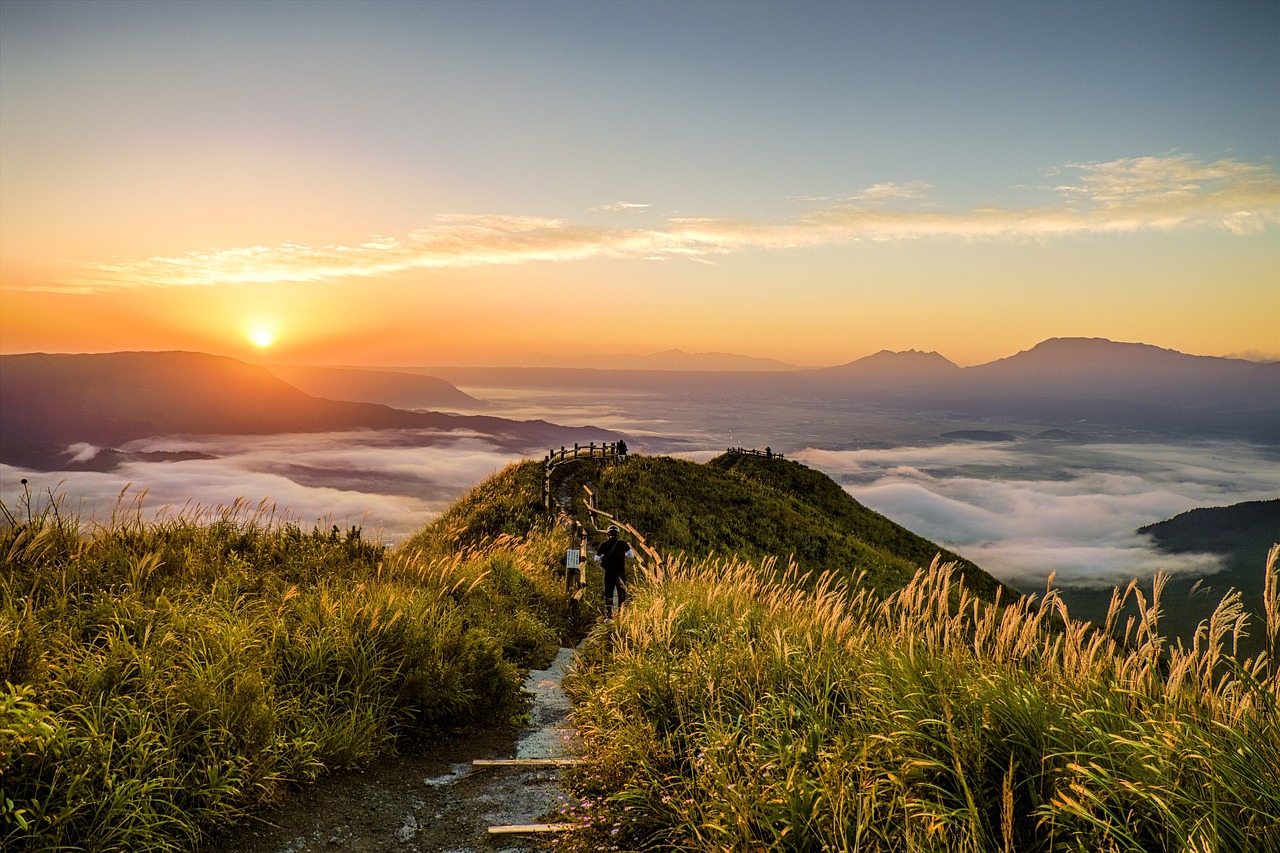Japan Video
Emergency Services: What to Know While in Japan
Japan is a beautiful country known for its rich culture, advanced technology, and stunning landscapes. While exploring this amazing destination, it’s essential to be aware of the emergency services available to ensure your safety. In this article, we will provide detailed information about emergency services in Japan, including medical assistance, police support, and fire response.
Medical Emergency Services
In case of a medical emergency in Japan, it’s crucial to know how to seek immediate help. Here are some important points to keep in mind:
- Call 119: In Japan, the emergency number for an ambulance is 119. It is important to memorize this number or keep it saved in your phone for quick access.
- Language Barrier: While calling 119, it’s important to note that the operators may have limited English proficiency. It is advisable to have a basic understanding of Japanese phrases related to medical emergencies or have a translation app handy.
- Hospitals: Japan has a well-established healthcare system with numerous hospitals and clinics. It’s recommended to research and locate the nearest hospitals or medical facilities in the area you are visiting.
- Health Insurance: It is essential to have comprehensive travel insurance that covers medical emergencies while in Japan. Ensure that you have all the necessary documents and contact details of your insurance provider readily available.
- Pharmacies: In non-emergency situations, pharmacies in Japan, known as “yakkyoku,” are widely available. They can assist with minor ailments and provide over-the-counter medications.
Japan Image 1: 
Police Services
If you find yourself in a situation that requires police assistance while in Japan, here are some important points to consider:
- Call 110: The emergency number to contact the police in Japan is 110. It is important to remember this number and use it when facing an immediate threat or witnessing a crime.
- Language Assistance: Similar to medical emergency services, English proficiency among police officers may vary. Familiarize yourself with basic Japanese phrases related to reporting incidents or consider having a translation app for effective communication.
- Lost Property: If you lose your belongings or encounter theft, report the incident at the nearest police station. Make sure to provide detailed information about the lost items and obtain a copy of the police report for insurance or documentation purposes.
- Foreigner Assistance: If you are a foreigner in Japan and require assistance, some police stations have special foreigner assistance counters. These counters provide support in multiple languages and can assist with various issues.
- Tourist Police: In popular tourist destinations, Japan has dedicated tourist police known as “Koban.” These small police stations are easily recognizable by their unique architecture and can provide assistance specifically tailored to tourists.
Japan Image 2: 
Fire and Disaster Response
Japan is prone to natural disasters such as earthquakes, typhoons, and tsunamis. Understanding the fire and disaster response system is essential for your safety:
- Call 119: Similar to medical emergencies, the emergency number for reporting fires or requesting disaster response in Japan is 119. Ensure you know this number and use it responsibly.
- Emergency Preparedness: Familiarize yourself with emergency evacuation procedures and the location of evacuation centers in the area you are visiting. It’s advisable to have an emergency kit with essential supplies like water, food, and first aid items.
- Earthquake Safety: If you experience an earthquake, remember to “Drop, Cover, and Hold On.” Find a sturdy piece of furniture to take cover under and protect yourself from falling objects.
- Tsunami Warnings: Pay attention to tsunami warnings and follow evacuation instructions provided by local authorities. Move to higher ground or designated evacuation areas immediately.
- Fire Safety: In case of a fire, activate the nearest fire alarm and evacuate the building following designated escape routes. Do not use elevators during a fire emergency.
- Emergency Broadcasts: Stay updated with emergency broadcasts on local TV or radio channels for important information and instructions during disasters.
Japan Image 3: 
Conclusion
Being aware of the emergency services available in Japan is crucial to ensuring your safety and well-being while traveling. Familiarize yourself with the emergency numbers, nearby medical facilities, police stations, and evacuation procedures. Remember to have comprehensive travel insurance and necessary documents readily accessible. By staying prepared and informed, you can have a worry-free and enjoyable experience in Japan.
References
– Japan National Tourism Organization: www.jnto.go.jp
– Japan Ministry of Health, Labour and Welfare: www.mhlw.go.jp
– Japan National Police Agency: www.npa.go.jp
– Japan Fire and Disaster Management Agency: www.fdma.go.jp


